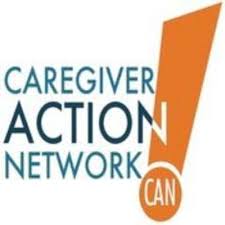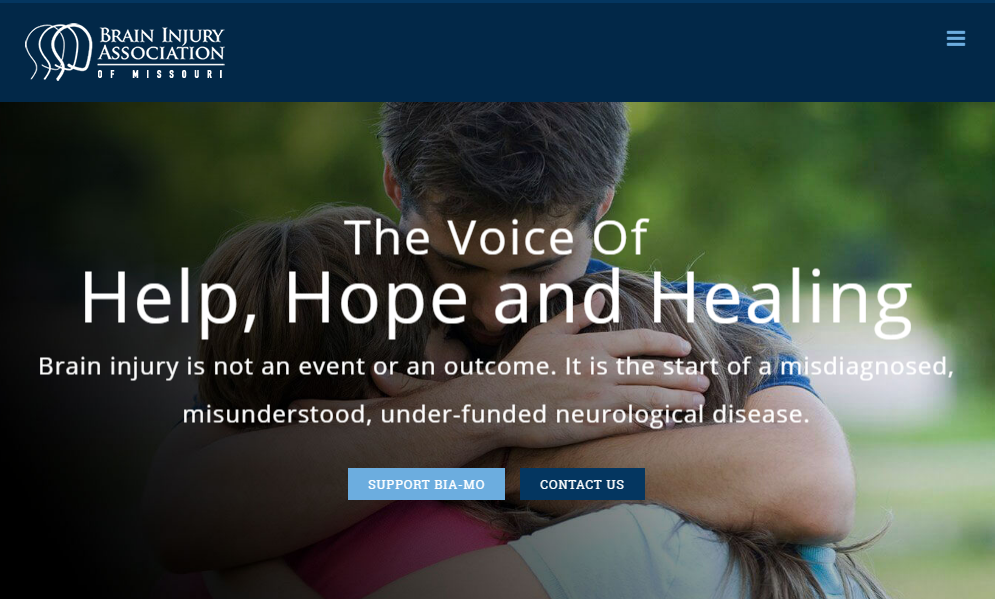Mitochondrial Disease Up Close and Personal
By Mary Dale Walters
In recent months, I’ve been hearing more encouraging news about progress in understanding mitochondrial disease. I have a personal interest as my sister passed away four years ago from “Mito.”
Mito is frequently referred to as the energy disease. Mitochondria in our cells generate about 90 percent of the energy needed to sustain our organs and body. When mitochondria don’t function, not enough energy is produced and organs begin to fail. Mitochondrial diseases are often hereditary, but also can occur as a mutation. While it is commonly associated with children, there is a growing understanding that its emergence in adults may not be as unusual as believed previously.
My sister was diagnosed at age 42, eight years before her death and after several years of mysterious, seemingly unrelated medical problems. When she was finally diagnosed, it was frustrating to find that so little was really known about the disease. There seemed to be limited research and many of her doctors admitted to only classroom knowledge of mitochondrial disease.
It looks like this is beginning to change. More research by scientists, doctors and the government is being funded and critical information is emerging. According to the United Mitochondrial Disease Foundation (UMDF), studies indicate there may be a link between dysfunctional mitochondria and Alzheimer’s dementia, amyotrophic lateral sclerosis (ALS), cardiovascular disease, deafness and blindness, diabetes, Huntington disease, obesity, Parkinson’s and stroke.
It’s important to note that more than 50 million people in this country suffer from these disorders, many of whom depend on Social Security Disability Insurance.
Also, the Department of Defense’s Medical Research program is looking at the connections between service-related disorders like Gulf War Illness and PTSD and mitochondrial dysfunction. The National Institutes of Health’s funding for the North American Mitochondrial Disease Consortium is a critical shared registry on Mito patients.
The UMDF sums up the progress this way: “While it cannot yet be said that mitochondrial defects cause these problems, it is clear that mitochondria are involved because their function is measurably disturbed.”
There needs to be progress in creating more awareness of this disease and its importance to unlocking a lot of mysteries about our body’s cells. Mitochondrial Awareness Week is September 17-23. If you, a family member or friend has any of the disorders listed above (or to see a list of all the disorders classified as Mito) it’s worth a few minutes of your time to check out the basics. The UMDF does a good job of explaining the very complex in layperson language. Check it out at https://www.umdf.org.

Mary Dale Walters
Related Articles

Uncategorized
Helping Family Caregivers With What They Need to Know

Uncategorized
Understanding MS and Disability Benefits

Uncategorized
BIA-MO Gets Real about Brain Injury Awareness

